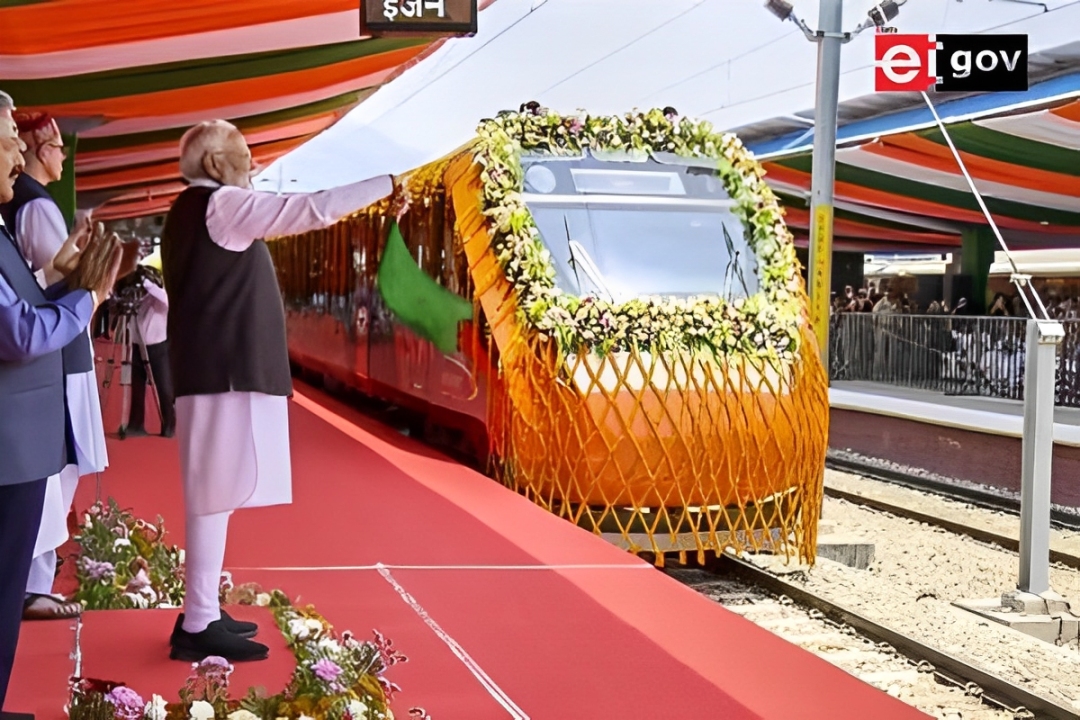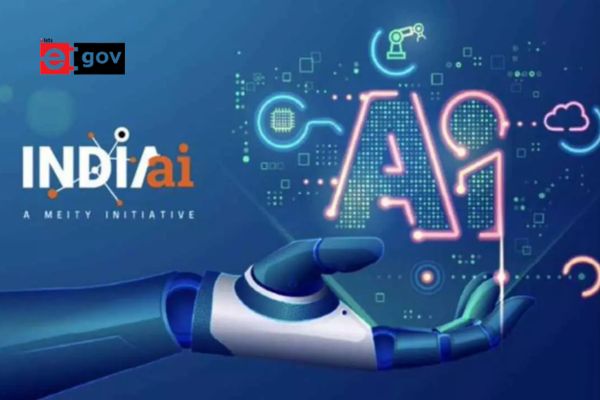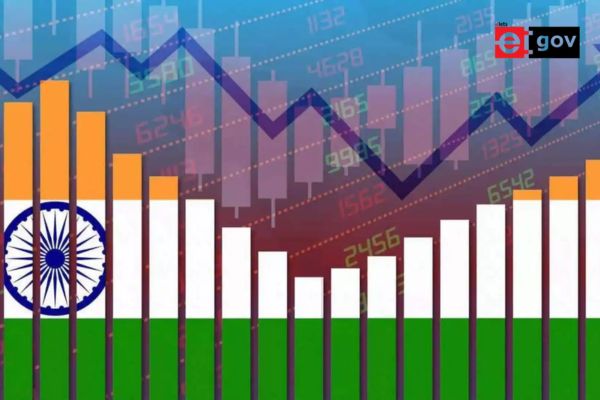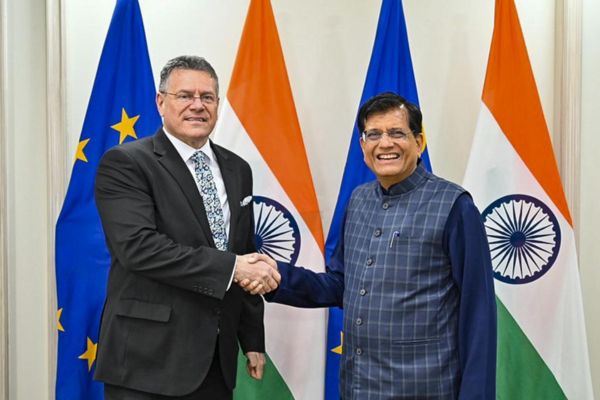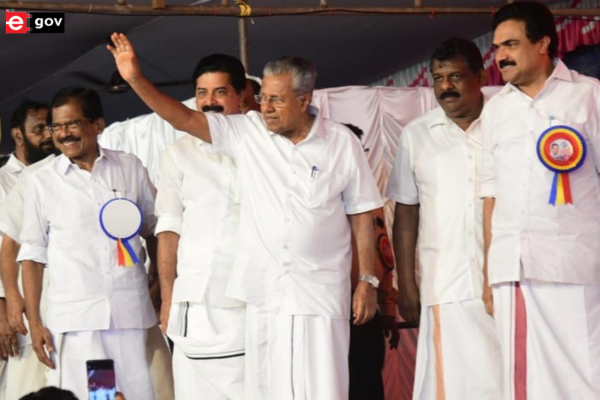
On October 28, 2024, Dr. Jitendra Singh, the Union Minister of State for Science and Technology, inaugurated the new complex of the BRIC-National Agri-Food Bio-Manufacturing Institute (BRIC-NABI) in Mohali. This pioneering institute is set to enhance India’s agricultural sector through cutting-edge biotechnology.
During the event, Dr Singh highlighted the government’s commitment to innovation in agriculture, which is essential for generating employment and promoting environmental sustainability. These efforts align with Prime Minister Narendra Modi’s vision of a “Viksit Bharat” or developed India.

Dr. Singh spoke about the government’s strategic emphasis on science and technology, referencing the recently launched BioE3 policy—designed to integrate biotechnology with economic growth, job creation, and environmental stewardship. He asserted that advancements in biotechnology and synthetic production are crucial for transforming agriculture and elevating India’s status in global scientific endeavours.

The minister pointed out that India is among the few countries to have a dedicated biotechnology policy, paving the way for a shift from traditional manufacturing to sustainable, synthetic production using modern technology. He celebrated India’s economic ascension from the “fragile five” to being among the “first five” in the world, attributing this success to a science-centric approach.

The BRIC-NABI formed through the merger of the National Agri-Food Biotechnology Institute (NABI) and the Centre of Innovative and Applied Bioprocessing (CIAB), aims to reshape India’s agricultural landscape by integrating biotechnology with bioprocessing. This new institute will enhance the path from research to commercialization, facilitating pilot-scale production and innovative agricultural solutions.

Dr. Singh noted that the merger would improve efficiency in agricultural research and development, leading to the creation of high-yield, disease-resistant crops, as well as biofertilizers and biopesticides. These innovations support the government’s goal of doubling farmers’ incomes while promoting environmentally friendly practices.
A key feature of the event was the launch of the BioNest Incubation Centre, which will serve as a collaborative space for industry partnerships and support for startups in the agriculture and food sectors. The centre aims to empower youth, women, and farmers, facilitating the rapid commercialization of agri-food innovations through public-private collaboration.
Dr Singh emphasized the importance of private sector engagement, stating that investments in incubators like BioNest can tap into market potential and create sustainable job opportunities for the youth of India.
To further support biomanufacturing initiatives, Dr. Singh announced the upcoming Biomanufacturing Workshop 1.0, scheduled for December 2024. This workshop will explore biomanufacturing applications across various sectors, including agriculture, food, pharmaceuticals, and energy, showcasing innovative techniques for sustainable production.
The minister also addressed the issue of brain drain among Indian scientists, encouraging young professionals to engage in research and entrepreneurship within the country. He stressed that developing local expertise is vital for enhancing India’s global standing in science and innovation.
Also Read | Dr Jitendra Singh Proposes to Share Best E-Governance Practices with Gambia
The establishment of the BRIC-NABI is a significant milestone in India’s journey towards a science-driven economy, in line with the government’s ambitious development goals. Through initiatives such as BioE3 and BioNest, India aims to become a leader in knowledge and innovation, contributing to sustainable global growth.
Be a part of Elets Collaborative Initiatives. Join Us for Upcoming Events and explore business opportunities. Like us on Facebook , connect with us on LinkedIn and follow us on Twitter, Instagram.
"Exciting news! Elets technomedia is now on WhatsApp Channels Subscribe today by clicking the link and stay updated with the latest insights!" Click here!






